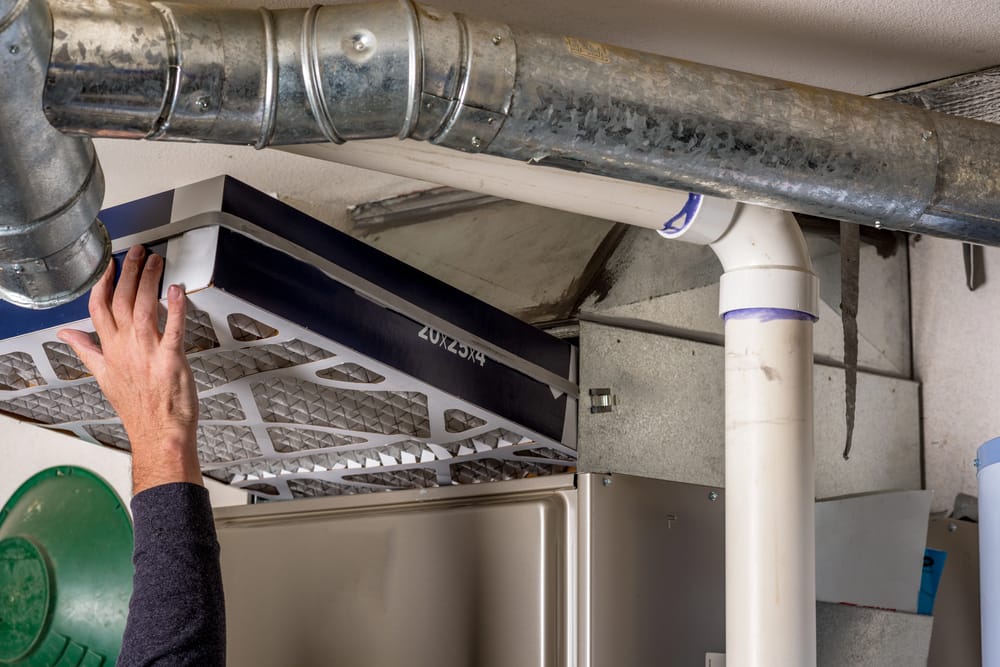There are several signs that your furnace should be replaced. When it stops working altogether or works inconsistently, you need a replacement. The same holds true if you’re not getting enough heat, if your energy bills are skyrocketing, or if you’re repairing it often enough that a replacement would cost less.
In this article, we cover everything you need to know about gas furnace lifespans and maintenance, and teach you when you need a replacement!
The Average Furnace Lifespan Is Between 15-20 Years
15-20 years is a commonly cited average lifespan for a furnace, but “lifespan” is a bit subjective. Is your furnace going to completely break down after 20 years? Almost certainly not. Older furnaces do, however, see a number of issues that can tempt owners to get a replacement, including:
- More frequent repairs
- Lower efficiency
- Less consistent heating
When your energy bills and your repair bills are skyrocketing, it might be time to replace your furnace – and after 20 years, that’s usually what happens.
Factors Impacting The Lifespan Of A Gas Furnace
Installation
A furnace that’s properly installed is much more likely to last for 20 or more years. A furnace that’s poorly installed? You’d be lucky to get 10 years out of it at best. Failing to properly calibrate equipment and tune it can lead to a lot of inefficiencies; those inefficiencies lead to greater wear and tear.
Failing to pressure test a new furnace can also cause all sorts of wear and tear, as the furnace has to work harder against the pressure to heat your building. Installers should thoroughly test every element of the system; the job isn’t done until they do.
Thermostat Settings
When you have the heat blasting 24 hours a day, your furnace will end up wearing down more quickly. You can alleviate this issue a bit by using a heat pump for heating during the spring and fall, and only using your furnace on cold winter days.
Cycling your furnace (turning it on and off) frequently can also lead to more wear and tear. Your furnace has to work harder if it needs to heat up and cool down repeatedly, and frequent changes in heat can lead to thermal stress.
Maintenance
Furnaces require regular maintenance for peak performance. Without maintenance, your furnace might develop buildup on the heat exchanger, loose connections, and other problems that can lead to wear and tear.
Filters are a perfect example of why regular maintenance is essential for furnaces. When you don’t change a filter, it can quickly become clogged; the furnace then needs to work harder to push air through the filter. Eventually, a filter can become so clogged that the furnace overheats and automatically turns off. That’s wear and tear from overwork and wear and tear from cycling – all because a filter didn’t get replaced.
Furnace Size
When it comes to furnaces, bigger is not necessarily better. Your furnace needs to be perfectly sized for your home: too small, and it won’t provide enough heat; too large, and it will constantly cycle on and off.
Sizing your furnace is not your job; it’s up to the company that installs your furnace. When your furnace is not properly sized, you need a furnace replacement.
Tips For Extending The Life Of Your Gas Furnace
Regular Maintenance
Your natural gas furnace needs routine maintenance to run as efficiently as possible. Without regular maintenance, the annual fuel utilization efficiency (AFUE) of your furnace can drop – that means higher heating bills, and it’s likely to mean more wear and tear as well.
Regular maintenance can also reduce the need for furnace repairs. Your technician will be able to spot potential problems early and nip them in the bud before they develop into issues that require more thorough repairs.
Change The Filters
Changing the filters can be done as part of your routine furnace maintenance, but you can also change them yourself. Recommendations for filters vary, but for most systems, a MERV rating of 8 will do nicely. Larger filters (4” vs. 1”) typically need to be changed less often; talk to your HVAC technician to learn about which filters are right for you.
Furnace filters are designed to protect the furnace, not to purify the air in your home. People with allergies and other respiratory concerns should consider standalone air filtration systems.
Keep Motors And Heat Exchanger Clean
Cleaning the motors and heat exchanger should be part of the annual maintenance for your furnace. Your technician will also perform valuable work like lubricating belts and other moving parts. This will help you maintain your furnace’s energy efficiency and reduce wear and tear, leading to a longer lifespan.
If Your Furnace Is Not Operating Efficiently, Call Provincial Heating & Cooling
When your furnace cannot be repaired, give us a call. We offer furnace replacement in Winnipeg; we can help you get a new, high-efficiency furnace to replace your old one!


